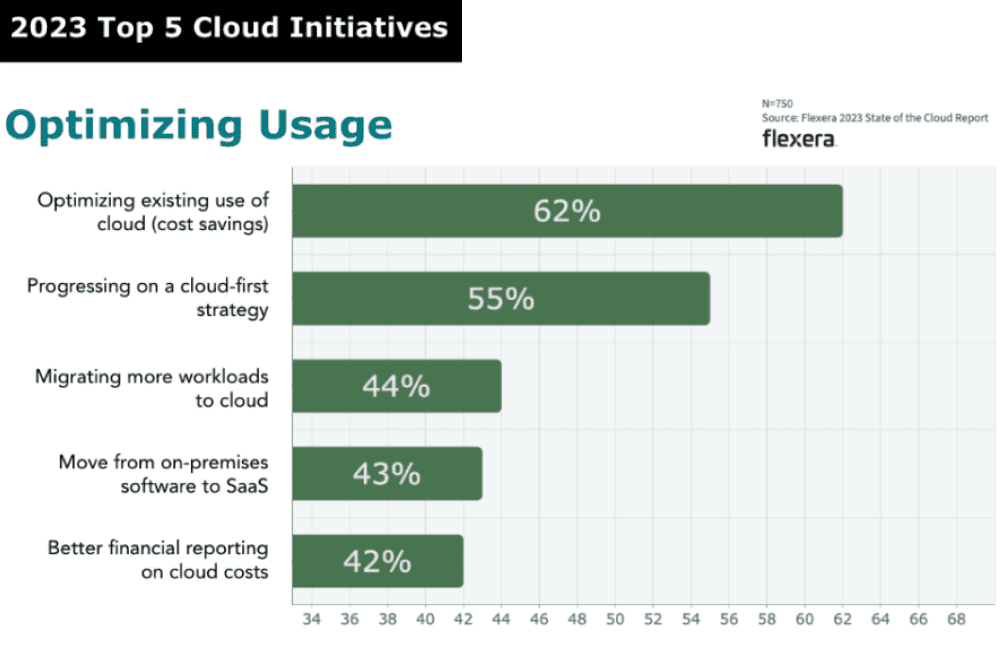In today’s global business landscape, having a strong online presence is crucial, especially in markets with high potential for growth, such as China. Establishing a website in China is essential for companies looking to tap into this vast market and reach a wider audience.
By having a website that is optimized for the Chinese market, businesses can effectively utilize search marketing strategies to increase their visibility and attract potential customers. With China’s large and rapidly growing online population, having a website in the local language and tailored to Chinese consumer preferences can significantly enhance lead generation and conversion rates.
Understanding The Chinese Market
The online behavior of Chinese citizens is shaped by the country’s status as the world’s largest internet user base, with over 900 million people online. Furthermore, about 70% of this population frequently partakes in online shopping, positioning China as the top e-commerce market internationally.
For businesses targeting this audience, it’s crucial to align with the distinct aspects of the Chinese market. This involves utilizing popular platforms like Alibaba, JD.com, and Taobao, and incorporating mobile payment solutions like WeChat Pay and Alipay. Additionally, establishing trust with Chinese consumers is key, achievable through a robust online presence, tailored marketing initiatives, and exceptional customer service.
Why You Need Good Website Performance In China For Better SEO, Conversion Rates, And ROI.
In China’s competitive market, a high-performance website is essential for effective Search Engine Optimization (SEO) and improved conversion rates, directly influencing return on investment (ROI). Enhanced website speed and usability boost visibility on Chinese search engines, attracting more traffic. Simultaneously, a fast, responsive website meets the high expectations of Chinese consumers, encouraging higher conversion rates by providing a positive user experience. This combination of increased visibility and user satisfaction is crucial for business success in the dynamic Chinese digital landscape.

What Is Website Downtime?
Website downtime refers to the period of time when a website is inaccessible to visitors, either due to server issues, maintenance, or other technical problems. This can have significant impacts on both the website owner and its users. For businesses, website downtime can result in lost revenue, damage to reputation, and decreased customer trust. On the user end, downtime can result in frustration, loss of access to important information, and overall negative experiences.
What Causes Downtime?
Latency Caused By Internet Bottlenecks And Poor Local Peering
Internet bottlenecks occur when there is congestion in the network, leading to a significant increase in latency. This means that the time it takes for data to travel from one point to another within the network is prolonged, resulting in delays for users accessing online content or services.
Poor local peering refers to the inefficient exchange of traffic between local internet service providers (ISPs), causing data to take longer routes to reach its destination. This leads to increased latency as well, as the data has to travel further distances to reach the end user.
The impact of internet bottlenecks and poor local peering on latency is substantial. High latency can result in slow loading times for websites, lag in online gaming, and delays in data transfer for businesses. In addition, it can also negatively affect user experience and customer satisfaction.
CDN Failures
Content Delivery Network (CDN) failures can have a significant impact on website performance. These failures can result from various factors such as network issues, server downtime, or configuration errors. When a CDN fails, it can lead to slower page load times and even complete unavailability of the website for users.
Blocking By The GFoC
The Great Firewall of China (GfoC) is a system of censorship and surveillance that blocks access to websites and content within China. The impact of this extensive internet censorship is significant, as it restricts access to a wide range of information and resources that are readily available to internet users in other parts of the world.
Internet Infrastructure
Accessing websites in China often faces hurdles due to its unreliable internet infrastructure. Key issues include the Great Firewall’s unpredictable blocks, state-run ISPs favoring government websites, leading to slower access for others, and mandatory partnerships for foreign internet firms with local entities, complicating security and privacy standards.
Poor Website Hosting
Web hosting services in China frequently suffer from subpar performance and reliability, with issues like slow loading, frequent downtime, and security gaps affecting websites’ success. Outdated server technology and network constraints often lead to inefficient performance. Additionally, the lack of effective customer support from hosting providers aggravates these problems, leaving clients struggling with unresolved technical issues.
DNS Failures
DNS failures in China, causing disrupted internet access and communication, are largely due to government censorship, high internet traffic, and poor coordination among network providers. Government interference in DNS requests leads to delays and resolution issues. The immense volume of internet traffic and domain requests strains the infrastructure, causing technical breakdowns. Additionally, inconsistent network configurations among ISPs further exacerbate these DNS issues. Addressing these challenges is key to improving China’s DNS stability.
Traffic overload and distributed denial of service (DDoS) attacks
Traffic overload happens when a site or server gets swamped with too many requests, leading to slowdowns or crashes. DDoS attacks involve attackers using numerous compromised systems to flood a target with traffic, making it unavailable to real users. These tactics are often employed for competitive business reasons, political censorship, or as protest forms. The regularity and intensity of such attacks in China have raised concerns about the stability and security of its online environment. Despite government efforts to regulate and curb these activities, their complex and evolving nature continues to pose challenges.

How To Prevent Websites From Going Down In China
Enable DDoS Protection
Organizations must prioritize strong DDoS protection to maintain their online operations securely. When choosing a DDoS protection service, important aspects include its scalability, ability to handle different attack types, and the provider’s support and expertise. Effective DDoS protection offers significant advantages, such as minimizing the impact of attacks to keep online services available for legitimate users and maintaining web performance, which is crucial for preserving a business’s reputation and customer trust. Investing in comprehensive DDoS protection is essential for businesses in China to protect their digital assets and ensure a continuous online presence against malicious attacks.
Use the right CDN provider
Having national coverage is crucial for a CDN provider in China, as it ensures efficient content delivery across the country. Server proximity to users is key for faster load times and enhanced performance. The Great Firewall of China adds a layer of complexity, making it important to select a CDN provider skilled in overcoming these barriers for smooth content delivery.
Adopting a multi-CDN approach is beneficial to reduce downtime and provide backup options. This strategy involves using several CDN providers, decreasing the risk associated with a single provider’s issues and leveraging each one’s strengths for optimal content delivery.
Solving issues of restricted access
To address issues of restricted access, it’s essential to identify and remove content that’s blocked due to sensitivity. This process starts with a thorough review and categorization of such content, followed by collaboration with stakeholders for appropriate action. Implementing a robust content filtering system, establishing strict access guidelines, and educating employees about the risks and best practices in handling sensitive information are key steps. This comprehensive approach ensures that sensitive content is managed correctly and access-related risks are mitigated.
Selecting the right ICP & ISP
When choosing an Internet connection provider in China, it’s critical to navigate challenges like the Great Firewall and the prevalence of state-owned ISPs. A provider adept at handling government-imposed restrictions is key for a smooth browsing experience. Start by researching ISPs with a solid reputation for consistent, high-quality service, possibly seeking insights from local businesses or expatriates.
Furthermore, consider ISPs with the technical ability to bypass the Great Firewall and enhance network performance. Providers that offer VPN services or other anti-censorship technologies can significantly improve website access and online resource availability. It’s also important to review the provider’s terms to ensure they comply with local regulations and data privacy laws.

How Mlytics Enhances Global Website Performance in China
Mlytics enhances global website performance in China by addressing the unique challenges of the Chinese internet landscape. Leveraging advanced technologies, Mlytics optimizes content delivery and ensures compliance with local regulations, including navigating through the intricacies of the Great Firewall. Mlytics provides tools to improve loading speeds, reduce downtime, and offer a seamless user experience, crucial for maintaining engagement in China’s vast digital market. By integrating with local networks and using intelligent routing algorithms, Mlytics helps international websites achieve optimal performance and accessibility, making them more appealing and functional for the Chinese audience. These are some of the tools Mlytics provide:
- DDoS Protection: Mlytics’s high-bandwidth, global Multi CDN network combines 2,300+ PoPs with 2,600 Tbps capacity from all of our CDN partners to absorb even the largest DDoS attacks. Additionally, the platform also adds an extra layer of always-on L7 protection to keep mission-critical services safe from rogue crawlers, bad bots, and more.
- API Protection: Mlytics API protection only allows authorized access to your applications, safeguarding them from unwanted exposure and exploitation.
- Origin Shield: It is a sophisticated security suite including Cloud WAF, Firewall Rules, Access Control, and more, deployed across multiple trusted CDNs and combined with smart load balancing to truly boost network performance and maximize origin server protection and resilience.
- Smart Load Balancing: It leverages CDN latency and availability data collected via real user monitoring and synthetic monitoring to intelligently route traffic to the best-performing CDN. Smart load balancing helps you deliver the best possible customer experience and website performance.
- Bot Management: Deployed in a few clicks, Mlytics Bot management automatically mitigates bad bots and allows good ones, so you can focus on growing the business.
- Cloud WAF: The Mlytics Cloud WAF is a comprehensive and multi-purpose service that offers sophisticated CRS management to keep your website safe from application attacks. The system is always up-to-date and is highly scalable for a wide range of applications with great compatibility for your cloud stack.



